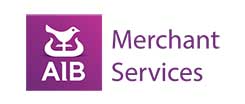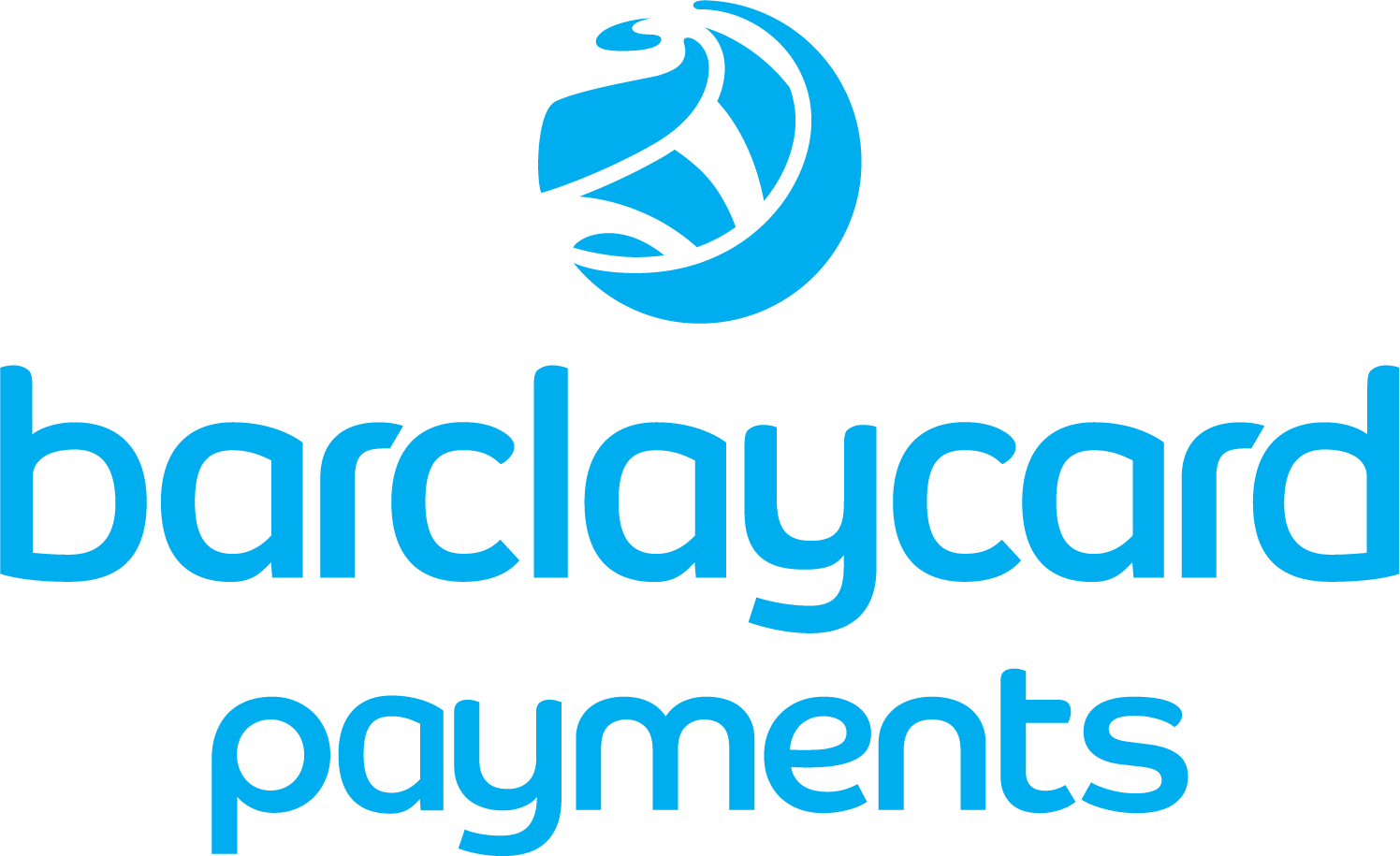- Compare Card Processing Rates from as low as 0.27%
- Keep your card processing fees to a minimum
- Direct access to 80% of the UK’s leading acquiring banks
- Make the right choice for your next UK payment provider
- Ensure your rates always remain competitive
- Seamlessly switch payment provider without a hitch






We're rated Excellent on
The Best Strategies for Taking Payments Securely and Efficiently
For UK businesses, offering seamless and secure payment solutions is essential to staying competitive. Whether you run a small shop, an e-commerce store, or a service-based business, customers expect flexible and fast ways to pay. From online payments to contactless payments, choosing the right methods can help you accept payments smoothly while reducing risks.
In this guide, we’ll explore the best strategies for taking payments, covering card payments, digital wallets, payment processing fees, and security measures to protect your customers’ card details.
Why Your Business Needs Multiple Payment Methods
Today’s consumers prefer convenience. By offering various ways to accept debit and credit card payments, alongside options like Apple Pay and Google Pay, you can cater to more customers and boost sales.
Popular Payment Solutions for UK Businesses
- Card Payments (Debit & Credit Cards)
- Most customers pay with debit cards or credit cards.
- To begin taking card payments, you’ll need a merchant account, a payment gateway (for online sales), and a card reader or POS system for in-person transactions.
- Major cards like Visa and Mastercard are a must, but consider American Express if your customers use it.
- Contactless Payments & Mobile Wallets
- Contactless payments (up to £100 per transaction in the UK) are faster and preferred for small purchases.
- Digital wallets like Apple Pay and Google Pay allow customers to pay via their Android phone or iPhone securely.
- Online Payments & E-commerce
- For payments online, integrate a payment gateway (e.g., Stripe, PayPal) to securely process customers card details.
- Ensure your website is PCI DSS compliant to avoid fraud.
- Payments Over the Phone
- Use a virtual terminal to manually enter customer’s card details for phone payments.
- Ideal for service-based businesses like takeaways or bookings.
- Point of Sale (POS) Systems
- A modern point of sale system helps manage payments on the go, track inventory, and print receipts.
- Some systems work offline if you lose internet connection.
How to Choose the Right Payment Services
When selecting a provider to start taking payments, consider:
1. Transaction Fees & Costs
- Most providers charge a small fee per transaction (e.g., 1.5% + 20p).
- Watch out for hidden fees, setup fees, or extra costs like monthly subscriptions.
- Request a personalised quote to compare pricing, as fees vary depending on your business type and sales volume.
2. Payment Terminals & Card Machines
- For in-person sales, invest in a card machine that accepts contactless payments, chip & PIN, and mobile wallets.
- Portable terminals are great for businesses that need to take card payments on the move.
3. Security & Compliance (PCI DSS)
- Any business handling card payments must comply with PCI DSS (Payment Card Industry Data Security Standard).
- Use encrypted payment processing to protect customers card details from fraud.
4. Speed & Reliability
- Ensure transactions are quick and your system has enough funds verification to avoid declines.
- Offline modes can help if your internet connection drops.
How to Accept Card Payments for Your Business
For In-Person Payments (Retail, Hospitality, etc.)
- Get a merchant account (through a bank or payment provider).
- Choose a card reader or POS system (Square, SumUp, iZettle).
- Set up the device and test transactions.
- Train staff on processing payments securely.
For Online Businesses
- Sign up for a payment gateway (e.g., Stripe, PayPal, Worldpay).
- Integrate it with your website or e-commerce platform (Shopify, WooCommerce).
- Enable Apple Pay and Google Pay for faster checkouts.
For Phone & Mail Orders
- Use a virtual terminal to key in card details manually.
- Follow strict security protocols to prevent fraud.
Reducing Costs & Avoiding Hidden Fees
- Compare providers to find the best rates for processing payments.
- Negotiate lower transaction fees if you handle high sales volumes.
- Avoid long-term contracts with expensive exit fees.
Future-Proofing Your Payment Solutions
- Adopt digital wallets and contactless payments to attract more customers.
- Explore payments on the go with mobile card machines.
- Keep an eye on emerging trends like open banking and cryptocurrency payments.
Final Thoughts
To accept credit card payments and other methods securely, invest in reliable payment terminals, a robust POS system, and a trusted payment app. By offering multiple ways to pay, you’ll improve customer satisfaction and grow your business.
Looking to take card payments? Compare providers, check for hidden fees, and ensure PCI compliance to keep transactions smooth and safe.
Would you like a personalised quote for your business? Contact us today to find the best payment solutions for your needs!
